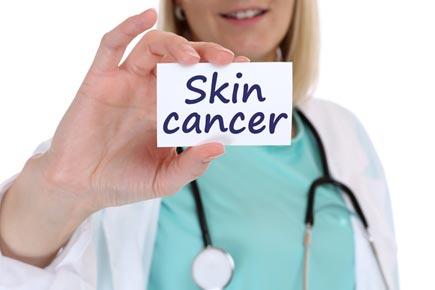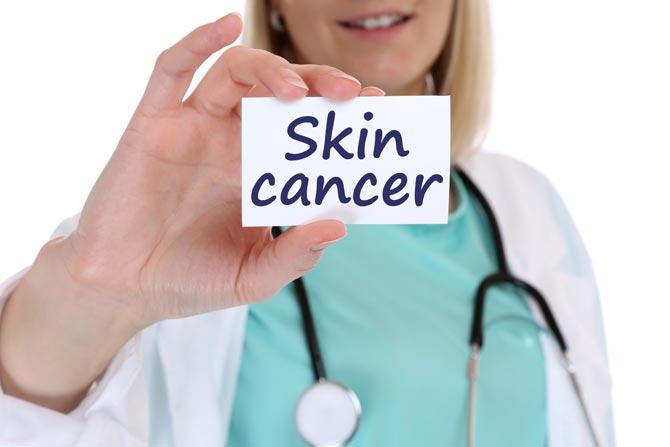Researchers have identified a "sunscreen" gene that acts as a shield to protect from harmful ultraviolet (UV) rays and may help stave off skin cancer

New York: Researchers have identified a "sunscreen" gene that acts as a shield to protect from harmful ultraviolet (UV) rays and may help stave off skin cancer.
ADVERTISEMENT
The findings showed that patients with melanoma -- the deadliest form of skin cancer -- who are deficient in the "UV radiation resistance associated gene" are less protected from harmful ultraviolet rays.

Representational picture
"The UV-resistant gene is a tumour suppressor involved in the UV-repair process of a cell's DNA and is essential for preventing UV-induced genomic instability," said lead author Yongfei Yang, research associate at University Of Southern California in the US.
The gene may also serve as a biomarker for skin cancer prevention.
The individuals who have the normal UV-resistant gene can repair most UV-induced DNA burns in a timely manner, whereas those with the defective UV-resistant gene will have more damage left unrepaired.
"When the UV-resistant gene is lost, the cell cannot efficiently repair UV- and chemical-induced damage," Yang said.
"After daily accumulation, if they sunbathe or go tanning often, these people will have increased risk for developing skin cancers such as melanoma," Chengyu Liang, associate professor at University Of Southern California, added.
In addition, the expression level of the UV-resistant gene was found related to melanoma patients' survival and metastasis stages.
Lower levels of the UV-resistant gene means a lower survival rate and advanced metastases stages, the researchers noted in the paper published in the journal Molecular Cell.
For the study, the team used data from 340 melanoma patients.
"The UV-resistant gene may serve as a good target for drug development," Yang said.
 Subscribe today by clicking the link and stay updated with the latest news!" Click here!
Subscribe today by clicking the link and stay updated with the latest news!" Click here!






